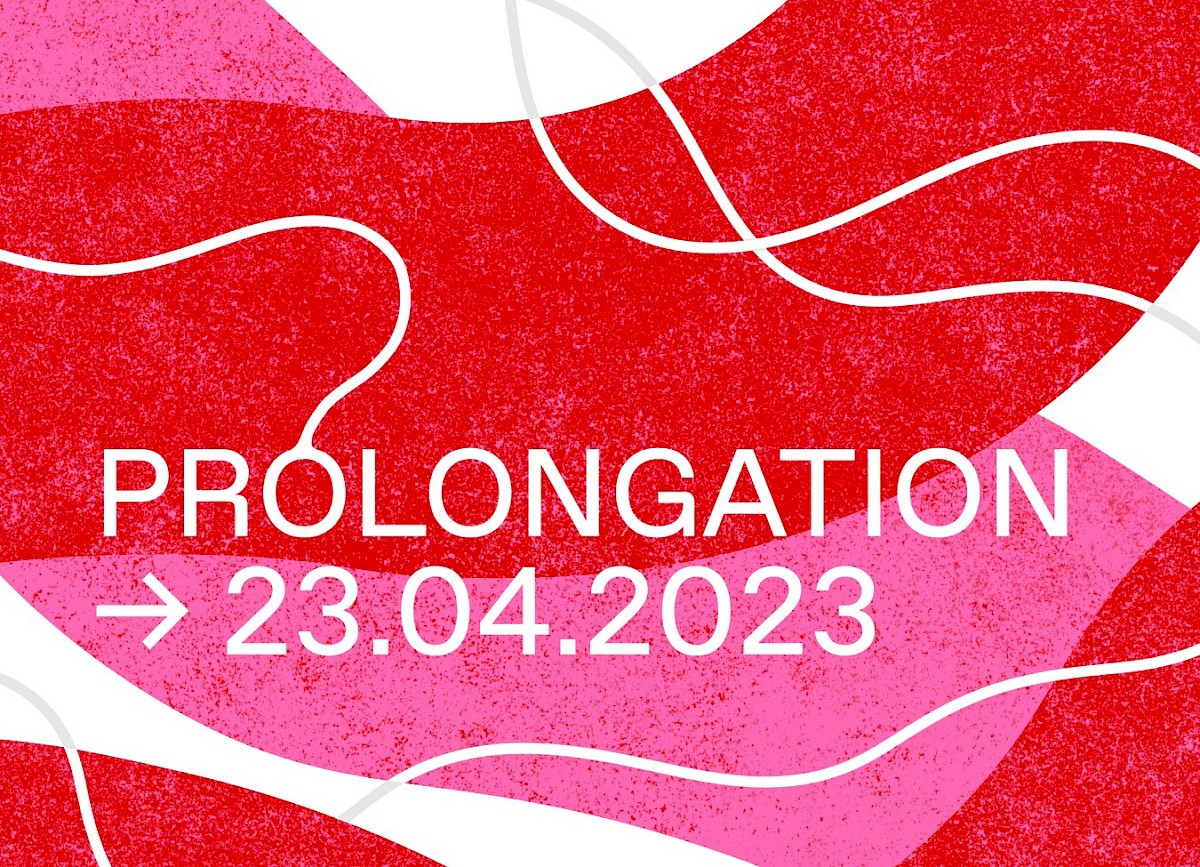On the occasion of our "Mental Health" year (2022/2023) we are collaborating with the Geneva Centre for Humanitarian Studies (Dr. Valérie Gorin) and the Interfaculty Centre for Affective Sciences at the University of Geneva (Dr. Marzia Varutti). Throughout the year, a series of 5 thematic conversations will bring together specialized discussants from different fields of expertise in the informal and inspiring settings of our exhibitions. Together, we will explore questions such as: What are the new therapeutic perspectives in emergency contexts ? How to represent mental health ? How can I take care of myself or others?
Our approach seeks to offer critical tools and practical resources to a broad audience in order to destigmatize mental health issues.
3rd discussion: How to represent mental health?
- in collaboration with the International Film Festival and Forum on Human Rights, join us at Théâtre Pitoëff !
- Discussion in English
- Free admission
Mental illness often relates to an invisible disability, in comparison with physical pain or any other bodily harm. However, mental illness often remains in the shadow, for the lack of capacity to find ways to represent it or speak about it. People suffering from mental or emotional stress also struggle with stigma or discrimination when they seek treatment. Such issues are often absent of the public debate. How can arts and culture help to advocate for mental health and wellbeing? How can we represent the struggles of the mind?
- Introduction: Pascal Hufschmid, Executive Director of the International Red Cross and Red Crescent Museum
- Pannelists: Valérie Gorin, Historian and sociologist, Head of Learning at the Geneva Center of Humanitarian Studies and Marzia Varutti, Centre Interfacultaire en Sciences Affectives of the University of Geneva

